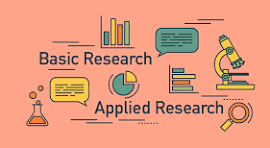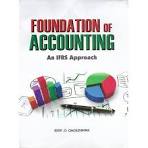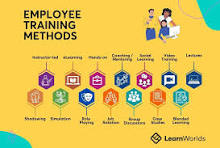
- Teacher: george waweru

Moodle is an open-source Learning Management System (LMS) that provides educators with the tools and features to create and manage online courses. It allows educators to organize course materials, create quizzes and assignments, host discussion forums, and track student progress. Moodle is highly flexible and can be customized to meet the specific needs of different institutions and learning environments.
Moodle supports both synchronous and asynchronous learning environments, enabling educators to host live webinars, video conferences, and chat sessions, as well as providing a variety of tools that support self-paced learning, including videos, interactive quizzes, and discussion forums. The platform also integrates with other tools and systems, such as Google Apps and plagiarism detection software, to provide a seamless learning experience.
Moodle is widely used in educational institutions, including universities, K-12 schools, and corporate training programs. It is well-suited to online and blended learning environments and distance education programs. Additionally, Moodle's accessibility features make it a popular choice for learners with disabilities, ensuring that courses are inclusive and accessible to all learners.
The Moodle community is an active group of users, developers, and educators who contribute to the platform's development and improvement. The community provides support, resources, and documentation for users, as well as a forum for sharing ideas and best practices. Moodle releases regular updates and improvements, ensuring that the platform remains up-to-date with the latest technologies and best practices.
Links of interest:


Applied research is a type of scientific inquiry that focuses on developing practical solutions to real-world problems. It involves the use of existing knowledge, theories, and techniques to address specific problems or challenges in a particular field or industry1.
There are different types of applied research, such as evaluation research, research and development, and action research. Each type has its own purpose, methods, and applications1.
A course on applied research can help you learn the skills and techniques to conduct and evaluate applied research projects in various domains, such as business, economics, communication, education, health, and social sciences. Depending on the course, you may also learn how to design and implement ethical, effective, and impactful research interventions.
I hope you are interested in learning more about applied research.
I believe this helps you understand what applied research is and how you can learn more about it.



To the trainees Economic methods is a course that teaches students how to conduct applied economic research using various statistical and analytical techniques. The course covers topics such as:
The selection of a research topic, literature review, and data sources
The choice of a research method and approach, such as regression analysis, hypothesis testing, or case studies
The application of economic theory and models to real-world problems and issues
The interpretation and presentation of research results and findings
The course aims to equip students with the skills and knowledge to carry out independent and original research in economics, as well as to critically evaluate existing research. The course also helps students to develop their communication and teamwork skills, as they are expected to write a research paper and present it to their peers and instructors.
Welcome to the course.